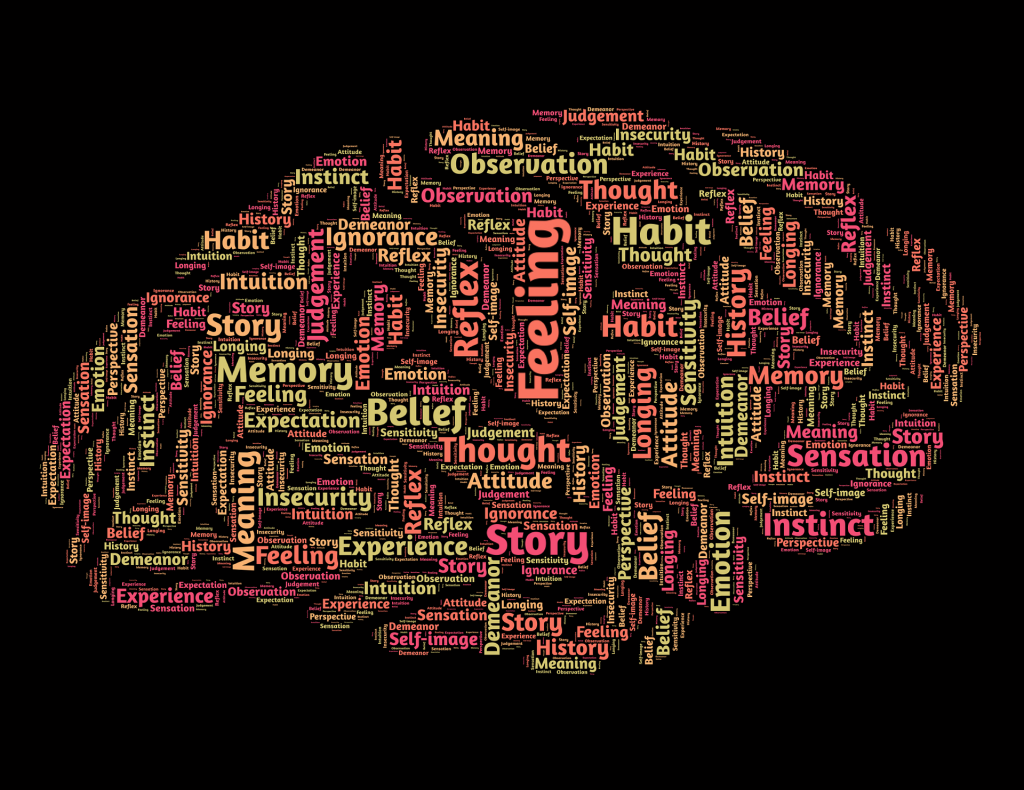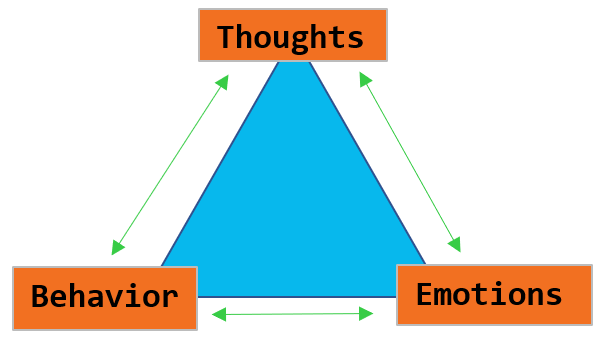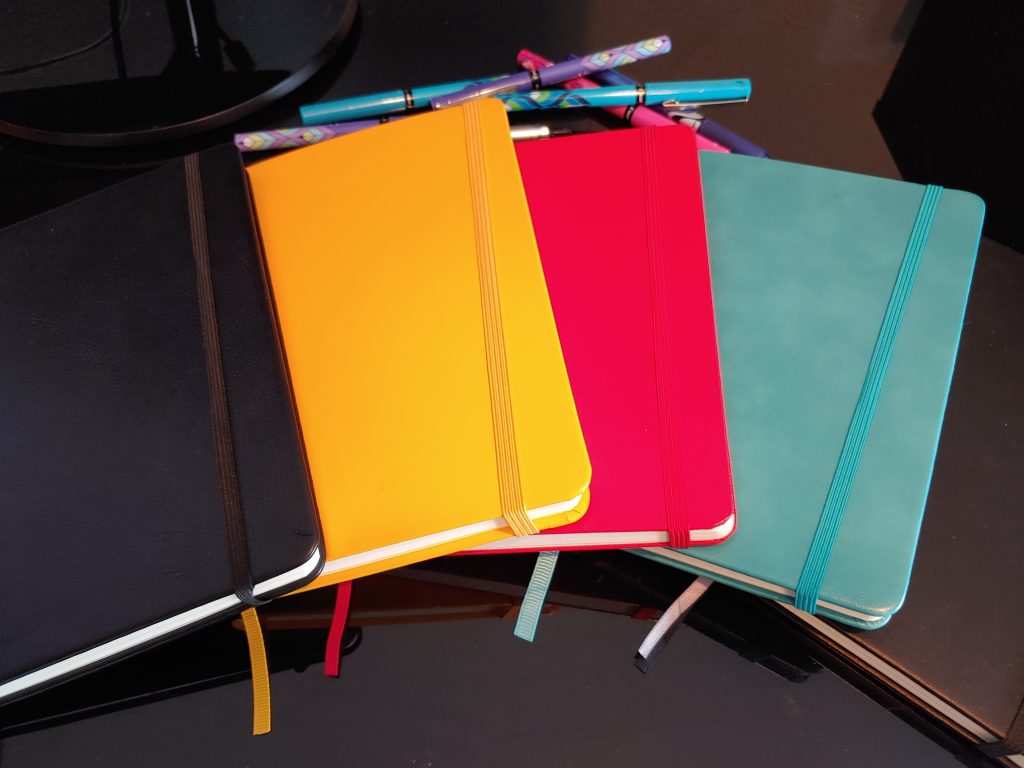Empowerment In Trials

This week I want to continue with the idea of dealing with setbacks. This time, though, I want to talk specifically about finding empowerment in these trials.
To touch on that, I’m going to continue with some personal reflection.
At Home And Growing
As of this writing, it’s been about 10 years since we took Finley home from the NICU. When he was born, a neurologist told us that he could end up being a completely typical child, or he might never progress mentally from where he was at that moment.
So a bit of a range.
He’s doing remarkably well. He can certainly outcode me on Scratch and run rings around me on Satisfactory.
That said, his behavior is often atypical. The clinical diagnosis is autism. He is sweet and kind when things are going as expected, but move one thing out of place and it’s like a fiery volcano.
And nobody has to deal with it more than his sister.
The Cognitive Triangle
This lockdown has been hard for everyone, but kids especially have been given a really rotten hand.
Our daughter–who values meeting new friends more than just about anything–has been stuck with us. It’s been a struggle. Especially when her brother is inflexible to the point of violence.
So we did for her what we didn’t do for me: brought her to a therapist. You know, to make sure we weren’t totally screwing her up.
The therapist worked with her on The Cognitive Triangle.
There are much better explanations than I’ll ever give for this topic, but let’s talk million mile overview: your thoughts affect your feelings, which affect your behavior, which goes back and affects your thoughts again.

My daughter Kella has no control over Finley’s action. But she does have control over her thoughts, which can help control her emotions and behavior.
And that control, to quote the therapist, is “empowering.”
Finding Empowerment
This Cognitive Triangle concept is not one reserved for children. Most adults struggle with it–including me.
Let’s break this down to an Indiepreneur topic. Let’s say something bad happens to me. It could be this lockdown forcing me to lose all my gigs. Or maybe I just can’t get an audience. Or maybe it’s rejection letter after rejection letter for my latest novel.
The normal reaction is to think about the injustice. To feel things just aren’t fair. To complain about it to friends and relatives or rant on Twitter.
There’s nothing wrong with ranting a bit. But what’s next? Do we continue down this cycle, focusing on how we were wronged and just getting more bitter?
Or we can control our thoughts. Realize that the situation sucks, but instead think of solutions. To find tweaks and adjustments that can help us come out stronger.
Sometimes we have real control over the world. More often, though, we’re a sum of a million things that are completely out of our hands.
What we do have control* over are those items on the triangle. Our thoughts. Our feelings. Our behavior. Once we grab those and learn how to harness those, that’s when we find empowerment.
*For the typical person. For those, like my son, with atypical cognitive abilities, this is still a good cycle, but it’ll be much more difficult (maybe even impossible) to follow.





